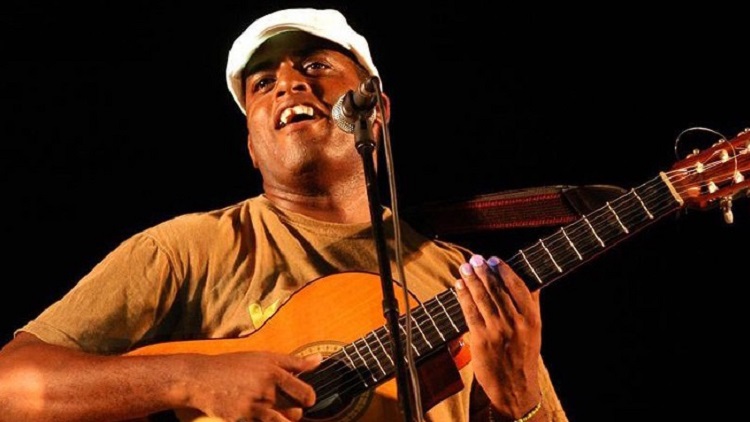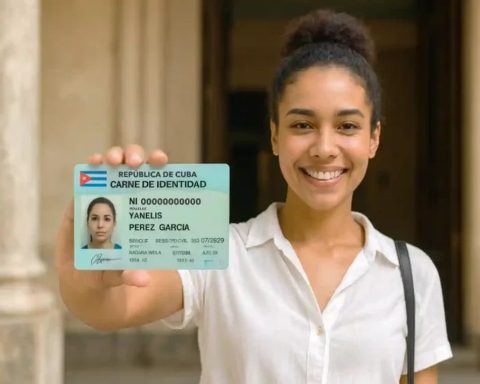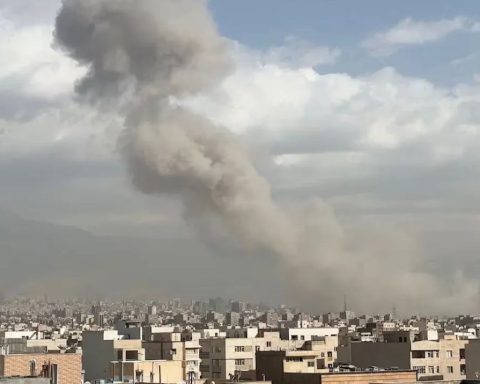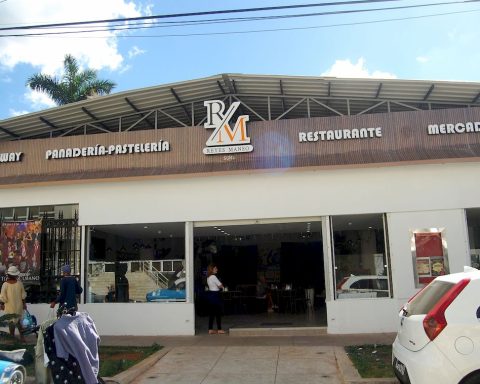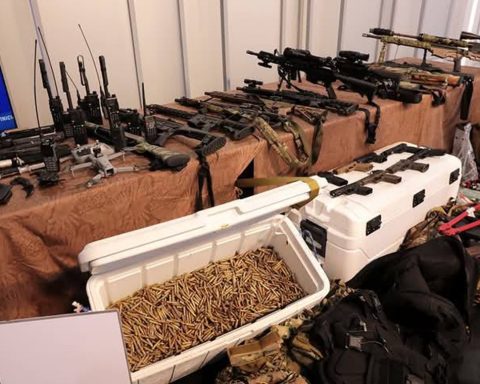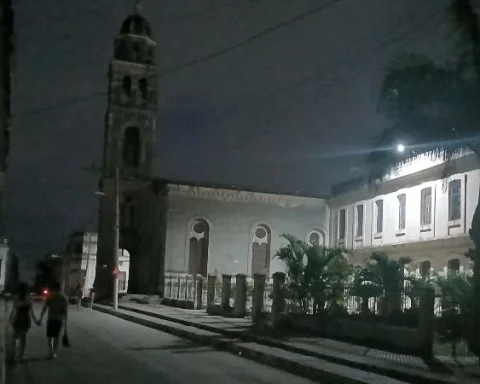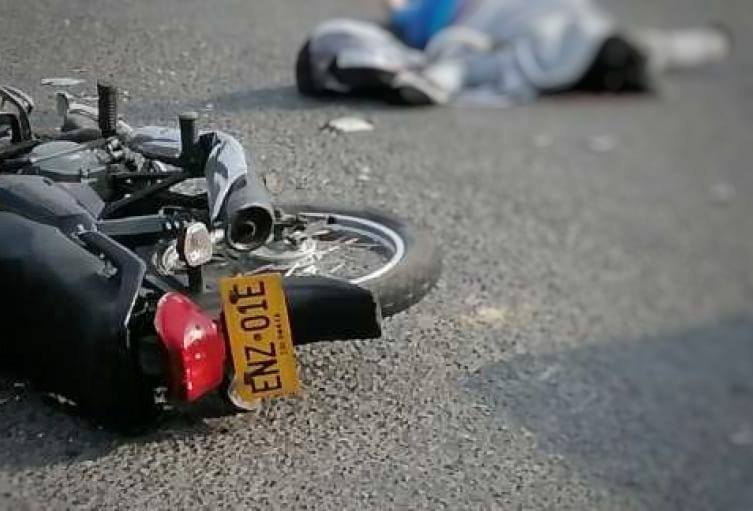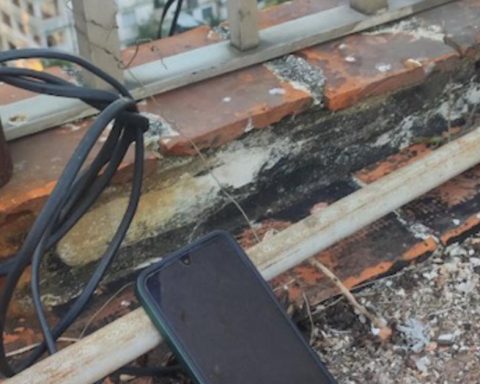HARRISONBURG, United States. – The sentence passed last week by the Popular Municipal Court of Central Havana in the trial allegedly carried out against the official troubadour Fernando Bécquer provoked stupor and anger among many Cubans inside and outside the Island.
The result of this judicial process is nothing more than the logical outcome in an administration of justice totally subordinated to the executive power, an essentially corrupt framework. In that sense, the Bécquer case is only the most recent in the already long history of cruelties of “revolutionary justice.”
The iniquity of “revolutionary justice” was born in the Sierra Maestra
The history of the Castro guerrillas and the clandestine cells that opposed Fulgencio Batista’s dictatorship in the cities is full of anecdotes that reflect how far “revolutionary justice” always was from the principles proclaimed by Themis, the Greek goddess of justice. Justice.
In the middle of the Sierra Maestra, Fidel Castro imposed truly draconian orders on the peasants in the areas where the guerrillas operated. They not only made it possible to form “revolutionary tribunals” in the blink of an eye, but also to decide with the same speed on the life of a human being, including a coup de grâce with no other recourse than entrusting oneself to God.
For this type of “justice”, depriving a human being of life for a simple suspicion, threatening him, stealing cattle or vehicles and even burning cane fields and properties was justified if those acts were carried out by the guerrillas.
Already in power, Fidel Castro realized that the justice system endorsed by the country’s democratic order —which he had promised to restore—, as well as the free access of the press to judicial processes and the existence of judges of proven honesty and professionalism were not in line with their interests. Then, he began an effective undermining work against the republican administration of justice, which ended with the implementation of the revolutionary courts subject to his guidelines.
Perhaps the most demonstrative cases of this caudillista interference during 1959 were the trial of the pilots of the national army —which ultimately led to the suicide of Commander Félix Pena— and the one carried out against also Commander Huber Matos.
After the process of neo-Stalinist institutionalization in the mid-1970s and previously eliminated the private practice of law, a practice faithfully executed by the new batch of “judges” took hold in the administration of justice, many of them presiding over courts. without having completed university studies.
As part of this practice, meetings prior to holding trials of interest to the dictatorship continue to be held with the presence of the head of the PCC’s Department of State and Judicial Bodies, representatives of the Prosecutor’s Office and the Ministry of the Interior (MININT) and the judges who will form the tribunal. Everything is decided there, from the way in which the trial will be carried out to what the defense will be allowed and the sanction to apply.
The knowledge of the existence of such meetings and other facts that I learned as a lawyer convinced me that the entire power structure of the country was marked by corruption.
In the early 1990s, I defended Miguel Ángel Lao López, a buyer for the Ministry of Agriculture in Havana and a resident of Guantánamo, detained during “Operation Maceta.” Shortly before the oral trial was held, I went to visit him in prison and he told me that they were going to sentence him to nine years in prison. I replied that this was his speculation and he informed me that someone had been treated at the Department of State and Judicial Bodies of the Communist Party and there they had shown him a document where the names of all the detainees in that operation appeared and next to the sanction to impose. That was the sanction that was initially imposed on him.
In the Cuban criminal process, the principle of “intangibility of the proven result of the sentence” governs, which means that, once the judges consider that a fact has been proven and report the way in which it occurred, neither the defender nor the prosecutor can deny it, then, if it does, the appeal is flatly rejected.
I suffered the unspeakable when reading sentences where facts were given as proven that were never demonstrated in the act of oral trial. I once talked about this with a retired judge and he confessed that the records of oral trials were changed when it was necessary to comply with an order from the aforementioned party department or the Ministry of the Interior (MININT). That hurt me deeply, not so much because of the cruelty implicit in that transgression of the law as because of the naturalness with which that man told me that it was something generalized in the courts.
The Bécquer case is nothing more than the confirmation of that corrupt framework
If there is something surprising in the case of the troubadour Fernando Bécquer, it is that there are still people who believe that they will find justice in Cuba in situations marked by politics.
The defendant openly declares himself a defender of the Cuban dictatorship and almost all the women who accuse him maintain a position openly opposed to the gender discrimination that is still practiced in Cuba. This gave a marked political character to the process at a time when the regime cannot afford to lose a single one of its defenders, however poor his art may be or his conduct despicable.
For this reason, the testimony of more than twenty women was worthless for that court in a process where, undoubtedly, the sentence was handed down beforehand.
That in Cuba there are citizens imprisoned for broadcasting a video on social networks or for going out into the street with a sign asking for freedom, while a repulsive abuser like Fernando Bécquer receives this treatment reaffirms the corruption that exists in the Castro administration of justice.
Still the murderers of 41 occupants of the tug “March 13” They walk freely through the streets. The same thing happens with the pilot who shot down the “Brothers to the Rescue” ships and with the perpetrators of the Río Canímar massacre. Why should justice be expected in a case like that of Fernando Bécquer?
Receive information from CubaNet on your cell phone through WhatsApp. Send us a message with the word “CUBA” on the phone +525545038831, You can also subscribe to our electronic newsletter by giving click here.
